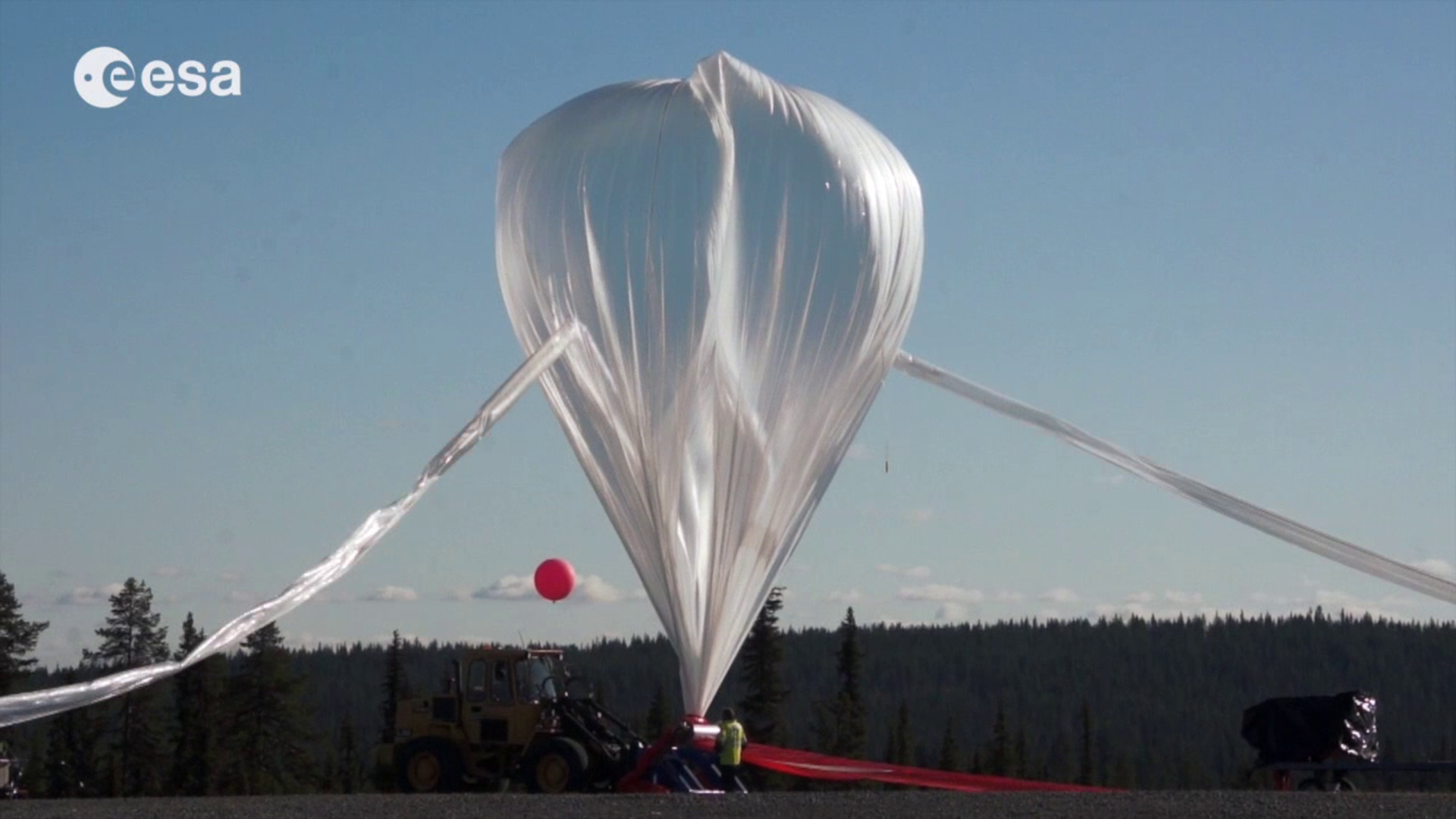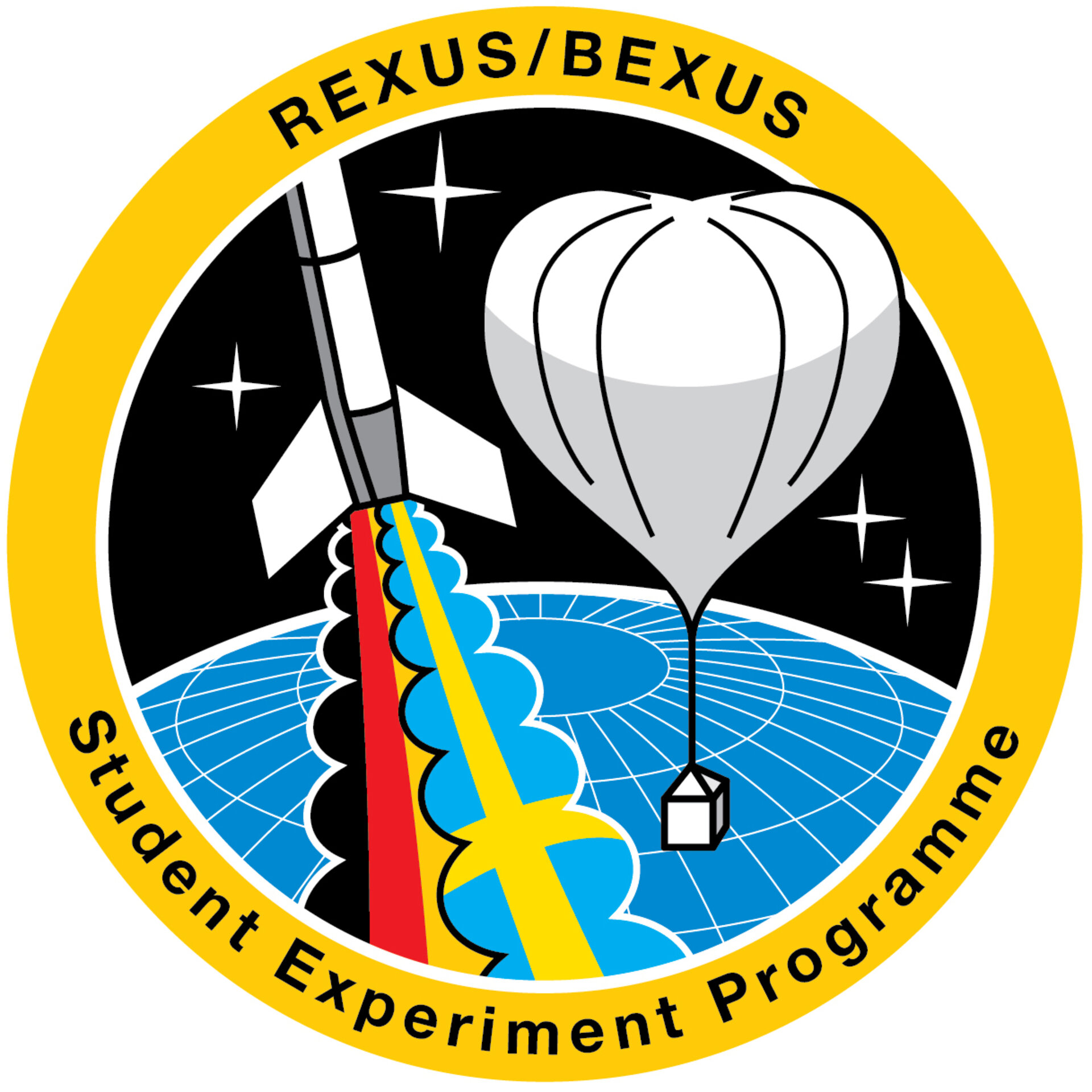REXUS and BEXUS experiments selected
Christmas came early this year for nine student teams whose experiments have been selected to fly on a stratospheric balloon or sounding rocket in 2016 or 2017, as part of the Swedish-German REXUS/BEXUS Programme.
The selected SNSB/ESA sponsored teams will join seven other teams sponsored by DLR to fly on one of either two rockets or balloons to be launched from the Esrange Space Center in Northern Sweden, in either October 2016 (balloons) or March 2017 (rockets). These SNSB/ESA sponsored teams represent seven ESA member states, and were selected at a dedicated workshop hosted at ESA’s ESTEC site from 1 to 3 December this year, which saw nearly 70 students from 14 prospective teams vying for participation in the programme.

Due to the high quality level of the proposals and the limited number of slots available on the launch vehicles, the decision process proved to be very difficult for the selection panel. In addition to the opportunity to pitch their experiment proposals to a panel of experts from ESA, SSC, SNSB, ZARM and DLR, attendees also participated in technical lectures and training sessions, and visited the Erasmus User Centre for the International Space Station.
"The REXUS/BEXUS selection workshop was intense and very profitable for us. We had the chance to discuss our project with both an experienced set of experts and with the other teams, and we received valuable suggestions. We were also introduced to the exciting environment of space research at ESA. Our perspective of a career in space technologies has become clearer," said one of the members of the SIGNON team.

The selected SNSB/ESA sponsored teams for BEXUS 22/23 are:
- ACORDE (Altitude COsmic Ray Detector), University of the Basque Country, Spain;
- BuLMA (Balloon micro Lifeform and Meteorite Assembler), Warsaw University of Technology, Poland
- STRATONAV (STRATOspherical NAVigation experiment), La Sapienza, University of Rome & Alma Mater Studiorum, University of Bologna, Italy;
- PREDATOR (PREssure Difference dependency on Altitude verificaTOR), Czech Technical University, Czech Republic;
- OSCAR (Optical Sensors based on CARbon nanomaterials), Hasselt University, Belgium;
- SIGNON (SIGNals of Oppurtunity for Navigation), University of Porto, Portugal.
The selected SNSB/ESA sponsored teams for REXUS 21/22 are:
- SALACIA (SAline Liquids And Conductivity In the Atmosphere), Luleå University of Technology, Sweden;
- DREAM (Drilling Experiment for Asteroid Mining), Wroclaw university of Technology, Poland;
- U-PHOS (Upgraded – Pulsating Heat-pipe Only for Space), University of Pisa, Italy.

"The selection workshop at ESTEC was a great experience for us. All attending teams presented really interesting and ambitious projects and we were happy to learn about them. Meeting the experts of the selection board was an amazing opportunity to get insights for tackling technical and organizational challenges," said one member of the SALACIA team.
The names of the DLR selected teams can be seen on their website.
The next step for the selected teams is to begin refining their preliminary design before they travel to the Esrange Space Center for a full week of training and Preliminary Design Reviews. This is the start of a long journey with the REXUS/BEXUS programme, which supports the teams through a full project’s life cycle that includes a series of reviews, integration and testing, launch and operation, and analysis/communication of results.
Notes for editors:
The REXUS/BEXUS programme is realised under a bilateral Agency Agreement between the German Aerospace Center (DLR) and the Swedish National Space Board (SNSB). The Swedish share of the payload has been made available to students from other European countries through a collaboration with the European Space Agency (ESA).
Experts from DLR, SSC, ZARM and ESA provide technical support to the student teams throughout the project. EuroLaunch, a cooperation between the Esrange Space Center of SSC and the Mobile Rocket Base (MORABA) of DLR, is responsible for the campaign management and operations of the launch vehicles.


Access the video


Access the video




